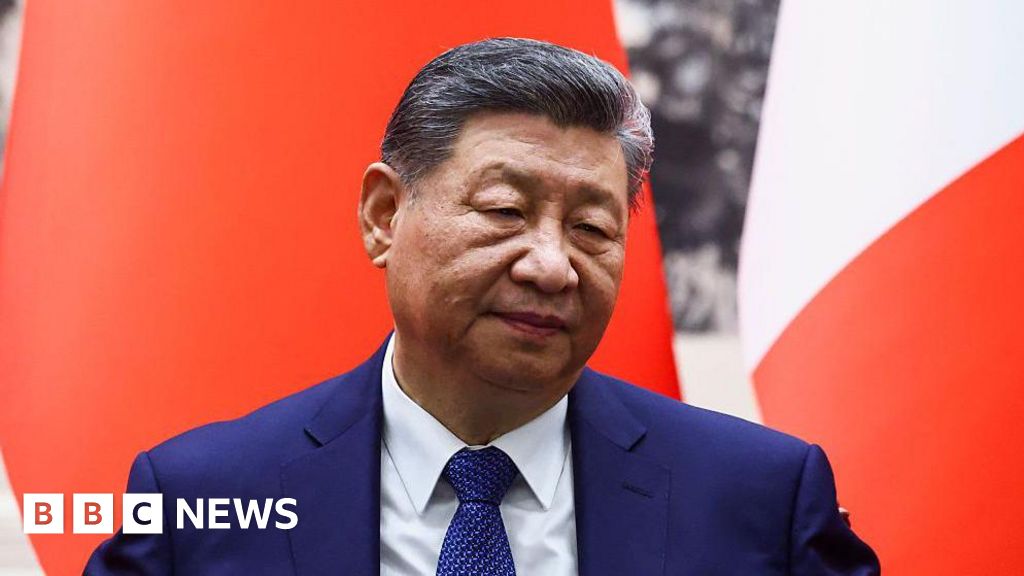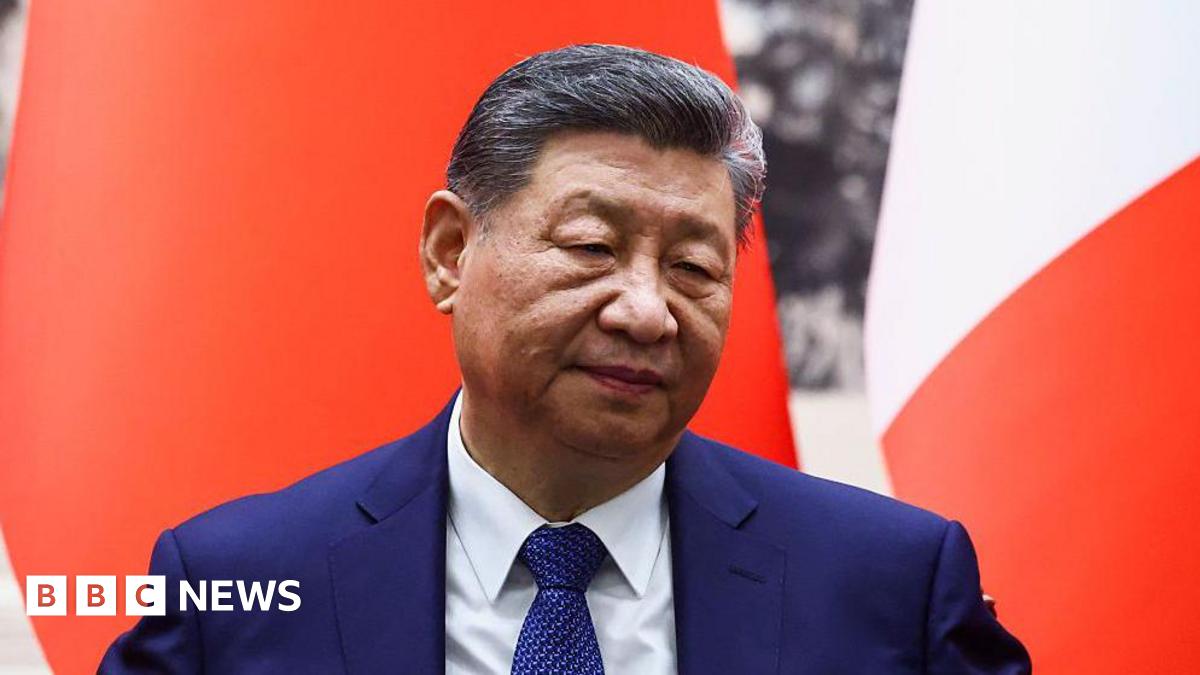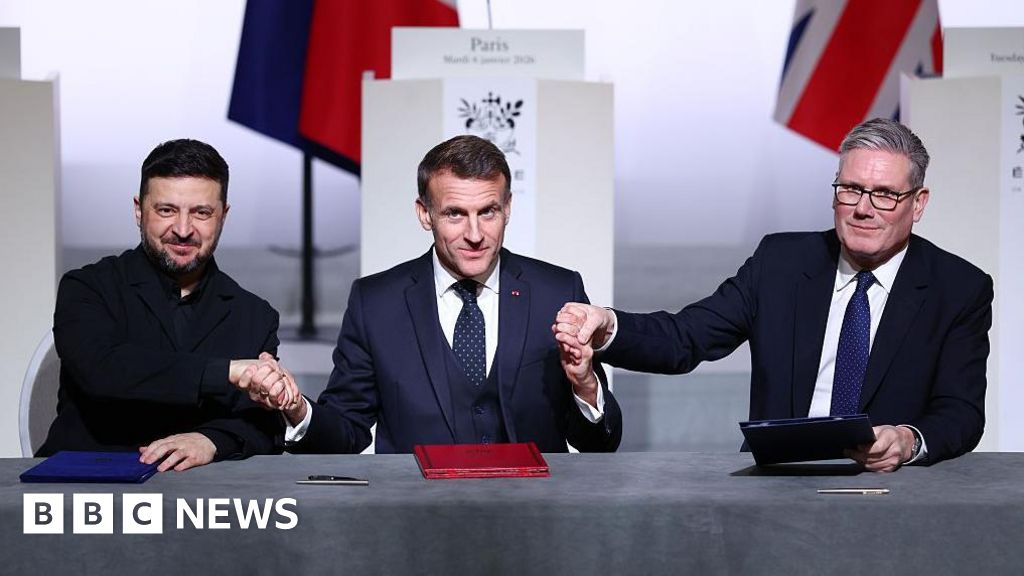Laura BickerChina correspondent, Beijing
 Getty Images
Getty ImagesIt took just a few hours for Donald Trump to upend a relationship that China had been cultivating for…

Laura BickerChina correspondent, Beijing
 Getty Images
Getty ImagesIt took just a few hours for Donald Trump to upend a relationship that China had been cultivating for…

It took just a few hours for Donald Trump to upend a relationship that China had been cultivating for decades.
Only hours before he was seized in a nighttime raid, Venezuelan president Nicolás Maduro had been praising his Chinese counterpart Xi…

The UK and France have signed a declaration of intent on deploying troops in Ukraine if a peace deal is made with Russia, UK Prime Minister Sir Keir Starmer has announced.
After talks with Ukraine’s allies in Paris, he said the UK and France would…

STOW — State Fire Marshal Jon M. Davine today sent a notice to Massachusetts bars and restaurants regarding the fire hazard posed by sparklers, which are believed to have contributed to the tragic New Year’s Eve fire…

Biedo said that 30 of the injured are in a critical condition.
“The accident occurred when a lorry transporting migrants, misled by illegal brokers and unaware of the dangers of their journey, overturned,” Biedo said in the statement.
The Afar…

The Trump administration is exploring options including “utilising the US military” to acquire Greenland, the White House said on Tuesday, marking an increase in US pressure to gain control of the semi-autonomous Danish territory.
“President…

Donald Trump has suggested US taxpayers could reimburse energy companies for repairing Venezuelan infrastructure for extracting and shipping oil.
Trump acknowledged that “a lot of money” would need to be spent to increase oil production in